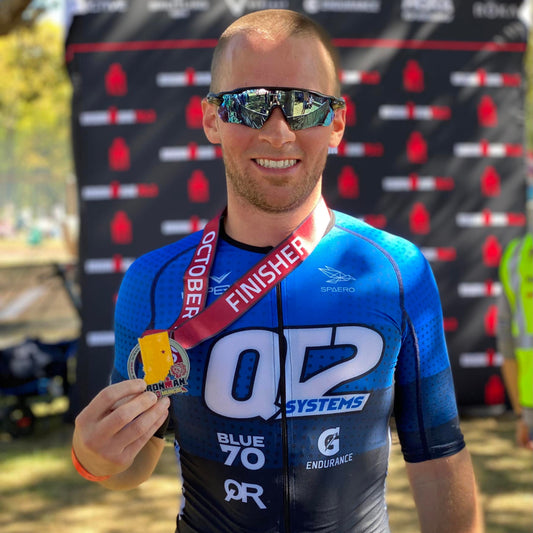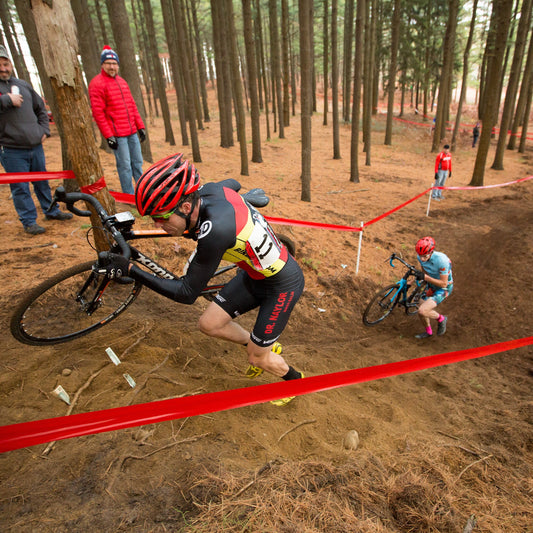The Relentless Mind – Training Your Brain to Go Beyond Limits
You’ve pushed your body to the brink before—legs burning, lungs screaming, fatigue settling in—but something inside you refused to back down. That’s mental endurance at work.
For a Driven Competitor, the challenge isn’t just pushing hard—it’s knowing how to push smart. You thrive on intensity, but when things get tough, willpower alone won’t always carry you through. You need a mental endurance strategy—one that allows you to stay in the fight when your body begs you to stop.
The Science of Mental Endurance
Mental endurance is not just about "being tough." Research shows that endurance athletes quit races not because their muscles fail, but because their brain sends distress signals telling them they’ve had enough. This is called "central fatigue."
🔹 Key Study: Samuele Marcora's research on the "Brain Endurance Hypothesis" found that mental fatigue reduces physical performance before true muscular failure.
🔹 What This Means for You:
- Your brain limits you before your body does.
- Training mental endurance directly improves physical endurance.
- Learning to override those “slow down” signals can be a game-changer in competition.
Why Mental Endurance is Different for You
As a Driven Competitor, you probably already push harder than most people. But ask yourself:
✅ Do you rely only on brute force, or do you have a mental strategy?
✅ Can you stay engaged in suffering, or do you fight against it?
✅ Do you know when to push and when to hold back so you don’t burn out?
Mental endurance isn’t about always going harder—it’s about mastering control.
The 3-Stage Mental Endurance Model
1️⃣ Stage 1: Recognizing the “Quit Signal”
- During hard training, your brain tells you to stop long before you reach true failure.
- This shows up as thoughts like:
- “I can’t sustain this.”
- “This hurts too much.”
- “Maybe today isn’t my day.”
- Step one is simply recognizing when this signal appears.
2️⃣ Stage 2: Reframing the Suffering
- Your brain associates pain with stopping. Flip the script.
- Instead of: “I have to slow down,” try:
- “This is just my brain testing me—I am still in control.”
- “This isn’t real failure—it’s discomfort.”
- “If I can hold this for 30 more seconds, I’ll get stronger.”
3️⃣ Stage 3: Breaking the Effort into Smaller Wins
- Instead of thinking, “I have 20 more minutes of this,” tell yourself:
- “Just get through the next 2 minutes strong.”
- “Push until the next mile marker, then reassess.”
- By focusing on micro-goals, you prevent your brain from feeling overwhelmed.









